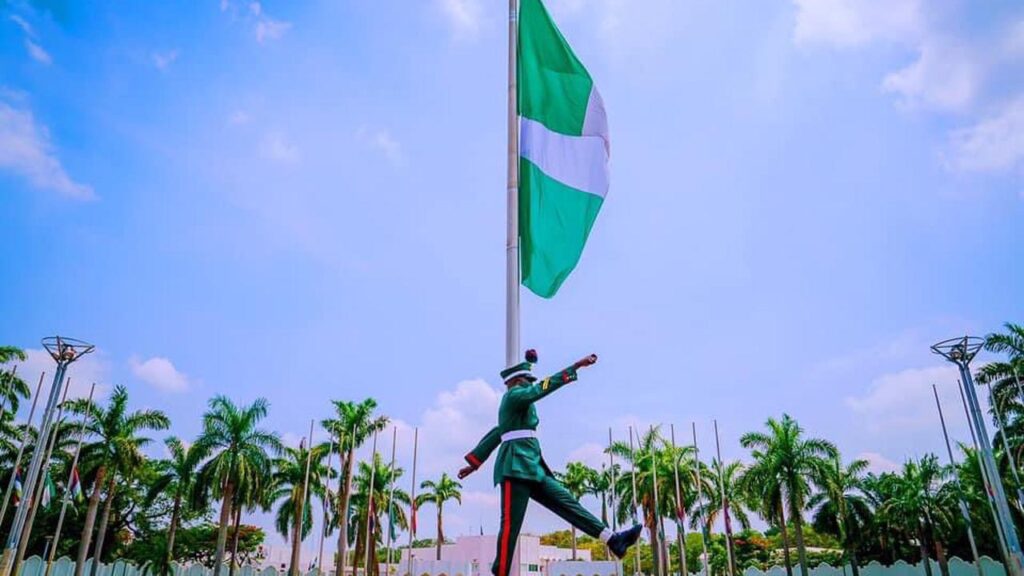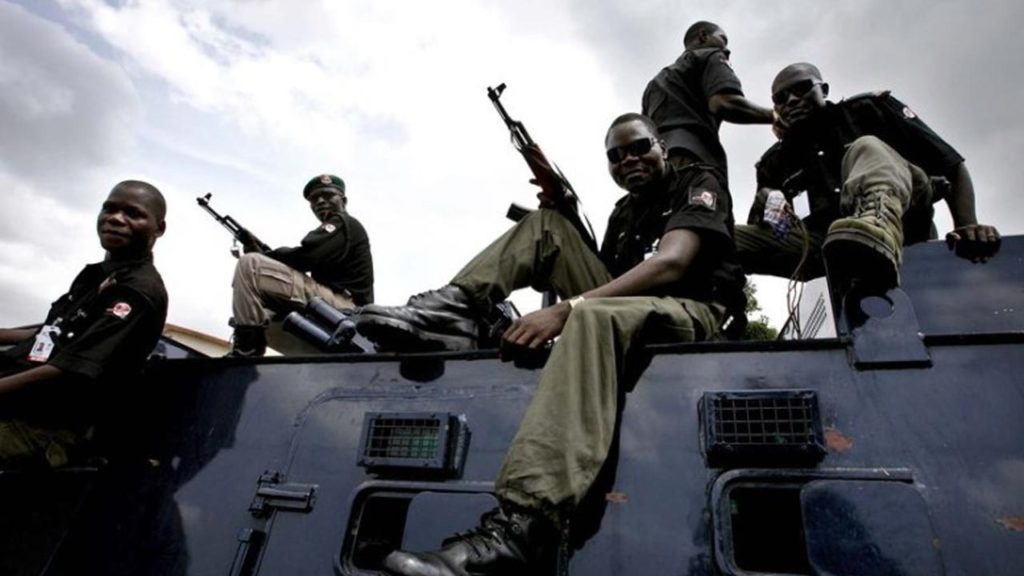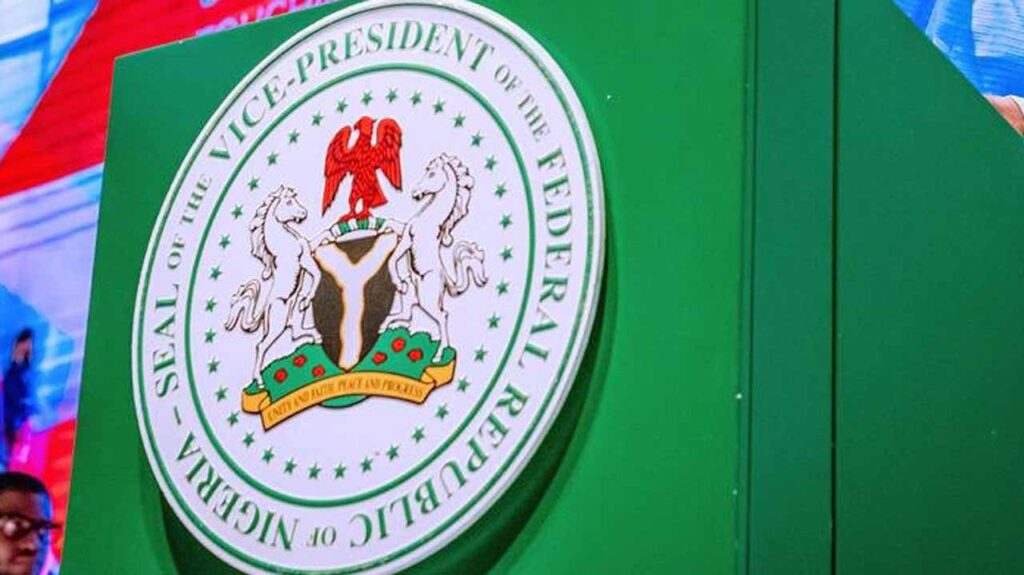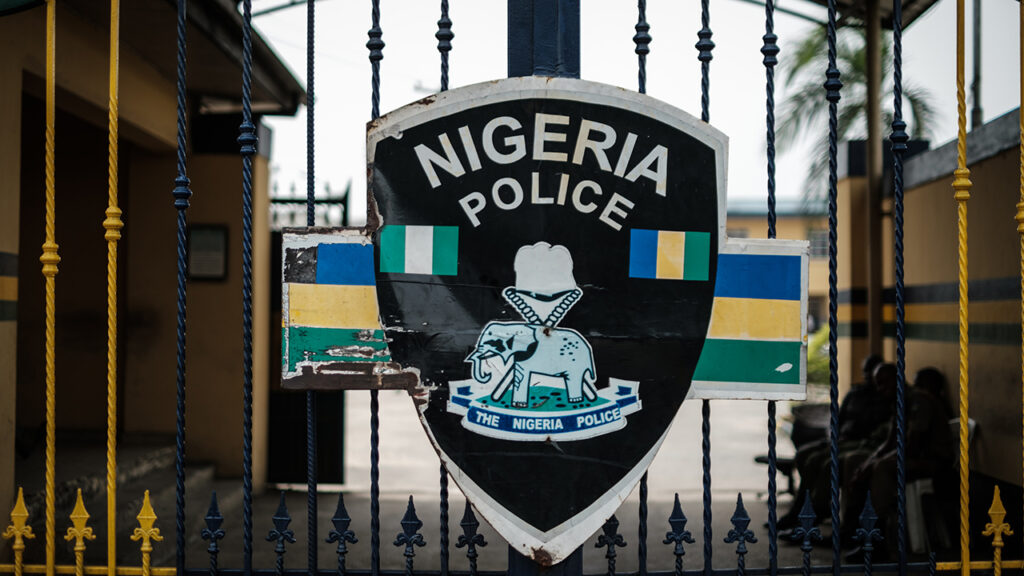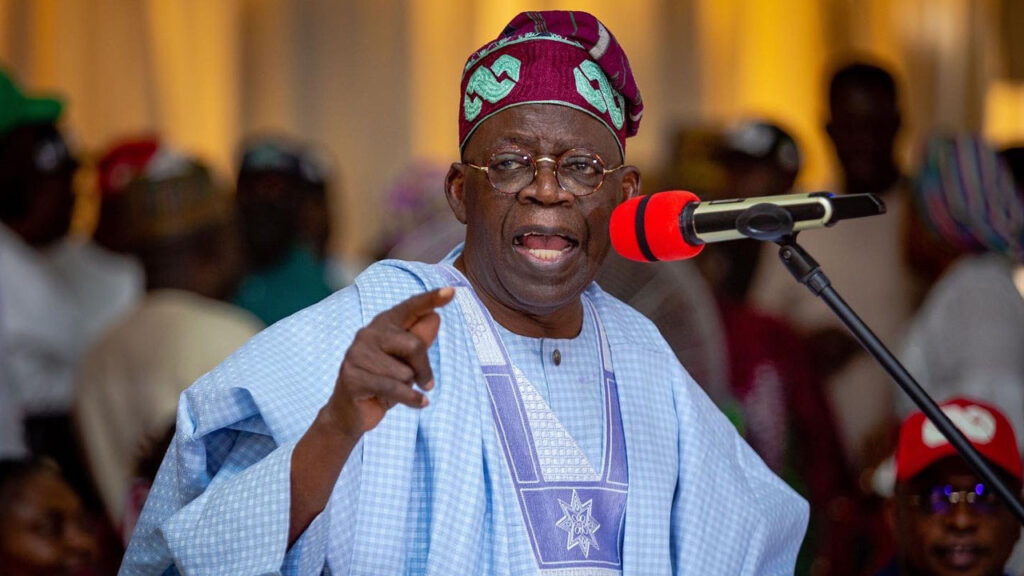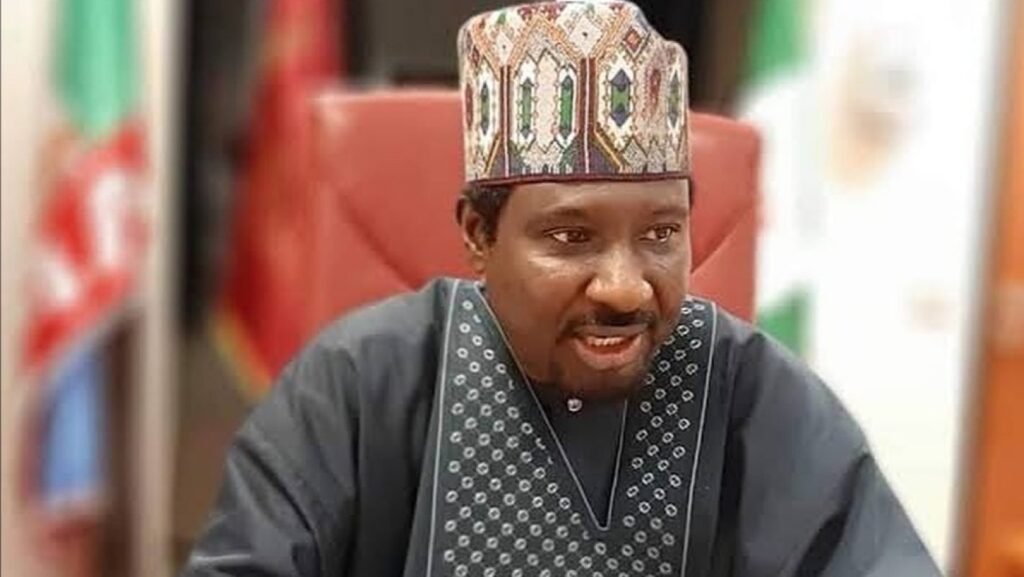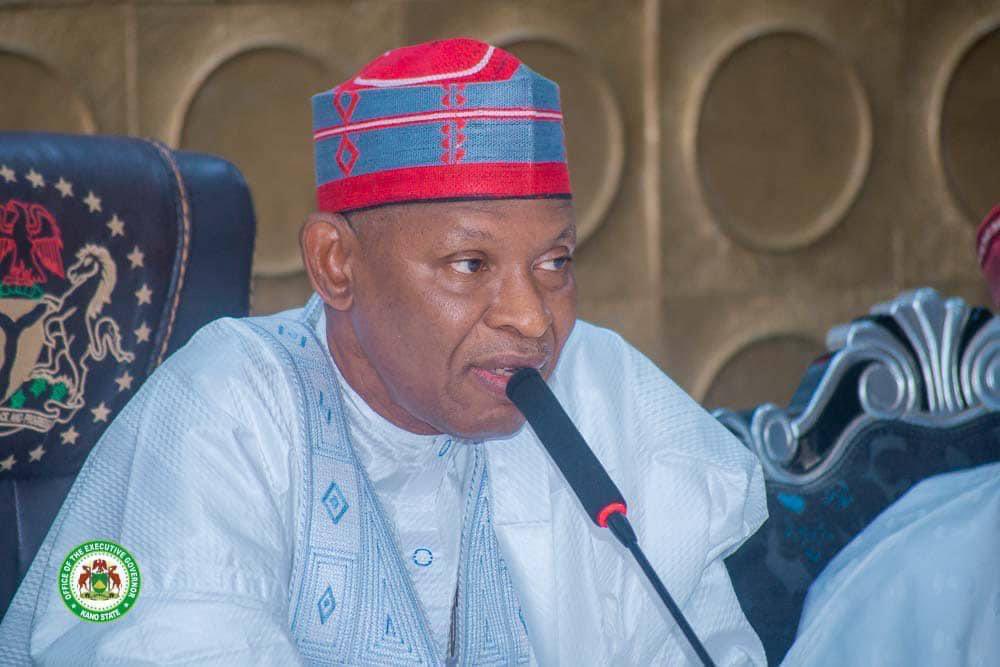
At the forefront of the war against domestic and sexual violence in Lagos State is the State Domestic and Sexual Violence Agency (DSVA), whose mandate is to provide and coordinate end-to-end response to incidents of domestic and sexual violence.
The agency used to be the Domestic and Sexual Violence Response Team (DSVRT) until September 20, 2021, when Governor Babajide Sanwo-Olu signed into law the Lagos State Domestic and Sexual Violence Agency bill. The Lagos State Domestic and Sexual Violence Response Team (DSVRT) was set up in 2014.
Speaking after signing the bill into law then, Sanwo-Olu said: “Raising awareness about domestic and sexual violence is an important piece of working to end the cycle of violence. It is important to reiterate the state government’s zero tolerance to all forms of sexual and gender-based violence. We will not rest on our oars until the menace is reduced to the barest minimum in Lagos.”
18 months after the agency took off from where the response team led the fight against domestic and sexual violence, what has really changed in the battle against the menace in the state?
The Executive Director, CEE-HOPE, and Coordinator, Hearts of Hope Shelter, Lagos, Betty Abah, said that in her personal estimation and based on her interactions with the agency, the DSVA is the biggest shiny light of civil service in the state.
“Indeed, the DSVA made me rethink my personal bias against anything civil service in Nigeria. This is because their fight against gender-based violence is not only altruistic, but also concerted and very inspiring. And I must say, this owes largely to the person at the head, Mrs. Titilola Vivour-Adeniyi, a very passionate, goal-oriented, and accessible leader.
“Our organisation works also on sexual violence, especially in the informal (slum) communities, and in the last two years, we started running a shelter for women and girls affected by SGBV (primarily rape and domestic violence).
“And every single case we have taken to them, they have treated expertly and with compassion. Their collaborations with other Non-governmental Organisations (NGOs) are top-notch as well.
“I believe that they are better now as a full-blown agency. With more funding from the Lagos State government, they do much more work and render more interventions and make incidences of SGBV less in Lagos,” Abah stated.
On her part, the founder/Executive Director, Initiative for Sustaining Family Unity, Kate Ibeanusi, stated that the political will to set up an agency to directly interface with and manage cases of domestic violence in the state is a good development.
She added that having a dedicated agency to manage domestic and sexual violence cases in the state shows a willingness to address these twin vices head-on by the state government.
“What I cannot say for sure is how the agency has made herself amenable to the use of the deserving public. How much awareness around its services are known by the populace; how easy is it for the ordinary person to walk into their office and receives attention without the ‘usual’ delays that led to its setting up in the first place.”
Has there been an improvement in the fight against domestic and sexual violence in Lagos State since the Domestic and Sexual Violence Response Team was upgraded to an agency? Ibeanusi believes that the roles of Civil Society Organisations (CSOs) are still prominent in the response to domestic and sexual violence in the state.
“When you talk of improvement, there are factors that need to be considered. What has been the situation with domestic and sexual violence cases in the state, and how have cases been managed, by this I mean a history of some sort will suffice to show where it all started from and what has changed with the coming of the agency.
“Do we still have security operatives who refuse to attend to cases of domestic and sexual violence? How are the courts responding to these cases? What is the timeline for a response from when a case is initiated to when it is concluded? How are victims and survivors managed post-conclusion of these cases?
“All of these will give insight into measuring impact. Impact in my view cannot be measured in a year especially where the premise of such measurement is not clear. So, talking about improvement does not make much sense to me until we see clear changes from the norm.”
On the areas that should be improved on by the agency in checking domestic and sexual violence in the state, Ibeanusi argued that the agency should improve on awareness campaigns, user education, recruitment of professionals, end-to-end supervision of services, continuous engagement with feeder organisations, and accountability in terms of giving feedback where referrals have been made.
Sanwo-Olu, after upgrading the Lagos State Domestic and Sexual Violence Response Team to an agency, appointed Mrs. Titilola Vivour-Adeniyi as its Executive Secretary.
Vivour-Adeniyi, before then, served as the pioneer Coordinator of the Lagos State Domestic and Sexual Violence Response Team (DSVRT) until it was made a full agency in 2021.
Speaking on the transition, Vivour-Adeniyi said that the upgrade has resulted in great strides in the fight against sexual and gender-based violence in the state.
“As a result of us being a statutory agency, we now have a budgetary allocation that is devoted to responding and preventing issues of sexual and gender-based violence.”
She added that the upgrade has led to embarking on critical activities, which are germane in actualising its statutory mandate some of which include strengthening capacities of relevant responder agencies, police, judiciary, non-governmental agencies, civil society organisations, and other relevant stakeholders including doctors and nurses, traditional rulers and community leaders.
“We have also been able to strengthen our relationship with these critical organisations. This is important because providing responses to issues of sexual and gender-based violence requires a multi-disciplinary approach and leveraging on each other’s strengths to be able to provide quality and holistic responses and services to survivors adequately.
“We have been able to scale up interventions, which has hitherto been restricted to some certain local councils. So, as a result of our increased capacity, we have now been able to take our zero-tolerance message across the metropolis and one of the ways we have been able to do this is through our campaigns, which is basically a community-driven focused initiative, where we engage critical stakeholders, artisans, community leaders, clerics in their communities on the issues of sexual and gender-based violence.
“We inform them of support services available within their localities and let them know the support services that the government has put in place to alleviate the sufferings of survivors of sexual and gender-based violence.
“As a result of heightened awareness, we now have increased reported cases. Last year, we have an average of 300 cases monthly, which is a reflection of increased awareness. And that has helped us to increase convictions. Now, we have more cases coming into formal institutions; police and courts.
“We have been able to activate the sex offenders register, which was before now an executive order, but because it is now in the law and statutory mandate to ensure that the sex offenders register is populated and details of convicts published regularly. This is possible because we are now a statutory agency.
“Aside from publishing these details, the law also mandates us to issue letters of advisory to community leaders and traditional rulers where the defendants or convicts reside. And we have been doing that in partnership with the Ministry of Justice and the Directorate of Public Prosecution in particular.
“We have also increased the number of designated police stations referred to as family support units. At the moment, we have 22 designated family support units Police Stations and this is in recognition of the fact that conducting an investigation on sexual and gender-based cases requires specialisation from relevant police personnel. That is why we are very keen on survivors going to designated facilities and police stations. With the establishment of the agency, we are now able to scale up in that regard.”
Vivour-Adeniyi added that her agency in the last 18 months has been able to embark on critical reforms that are preventive in nature, one of which is the establishment of the pre-marital compulsory counseling, being done in partnership with the Ministry of Local Government and registrars of marriage.
“It makes it compulsory that registrars of marriage take intending couples through pre-marital counseling before a license to wed is issued. We have recorded several successes. The first is the budgetary provision in running the agency that has led to an increase in staff strength.
“We have gone now from over ten volunteers and staff to over 80 volunteers, professionals, social workers, clinical psychologists, psychiatrists, lawyers, authentic dispute resolution professionals, and criminologists.
“We have established DSV clinic to provide a one-stop service for survivors. Closely related to this is our office, we have now moved from a portal cabin to a building that is purposely designed to maintain confidentiality when engaging survivors and they are able to speak with confidentiality.
“We have been able to secure a shelter for survivors and it is in keeping with the law for the agency, which requires shelters in each of the divisions of the state. We are now able to have the sexual and gender violence trust fund which is in pursuant of the provision of the law to provide support and grants to high-risk survivors.”
Reviewing the challenges the agency is grappling with, Vivour-Adeniyi noted that they could be viewed from two perspectives of institutional and societal challenges.
“The societal challenges are the culture of silence, social cultural norms, and factors which unknowingly encourage the perpetration of DSV. There is also patriarchy and gender inequality that is at the heart of all things gender-based violence.”
She, however, said that her agency was working around the challenges by heightening awareness and engaging critical stakeholders to change the behavioural mindset to let people know that GBV is not a respecter of age, class, or creed and it is never the victims’ fault.
“We cannot do it alone, so we rely on collaboration with relevant stakeholders. So, sometimes we do get feedback from our clients and survivors, which occasionally are not encouraging. We have to keep on engaging and reviewing our processes to make sure that once a survivor is able to break the culture of silence, the whole referral pathway is activated and there is no weak link within the responders’ chain.”



